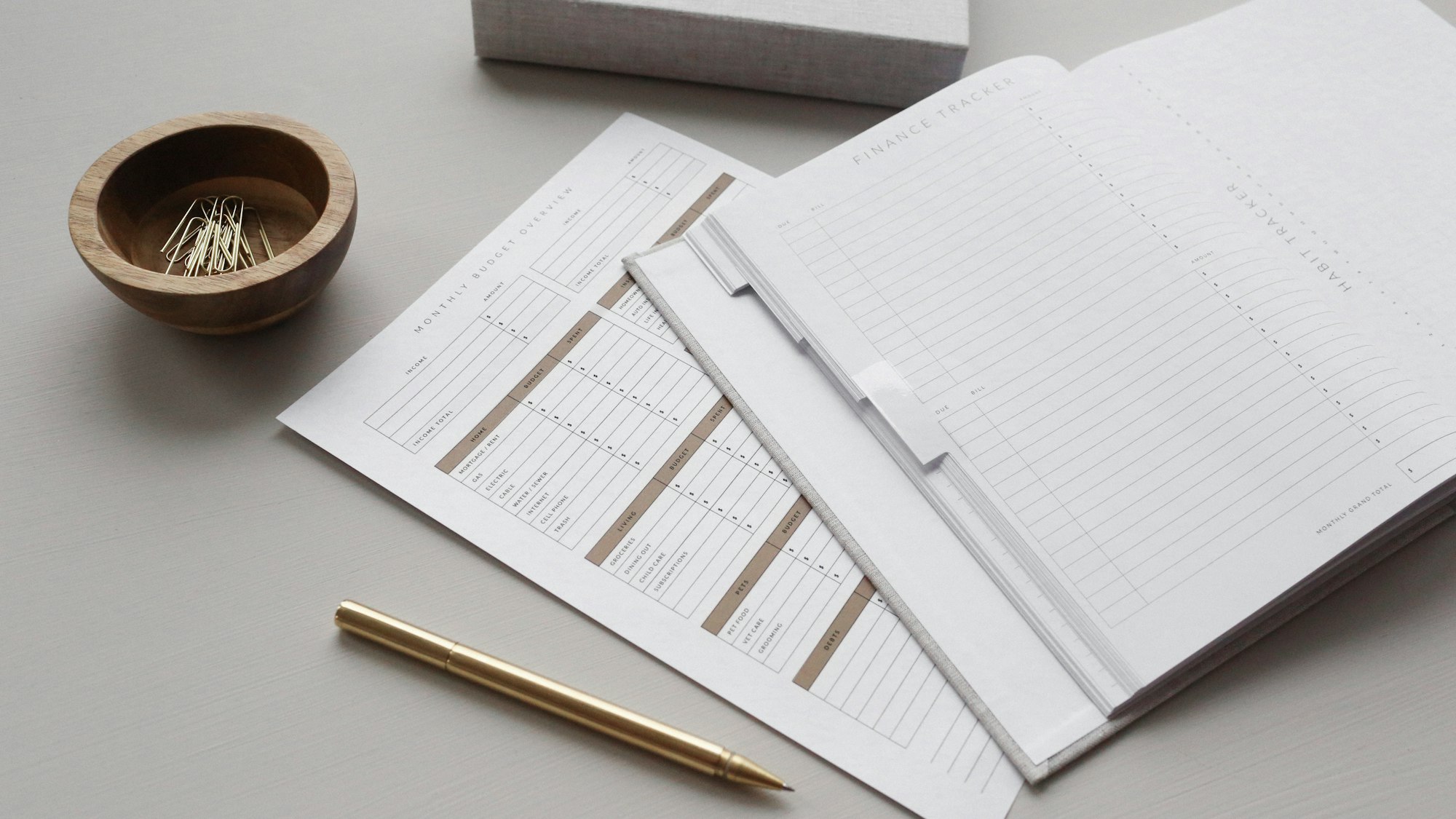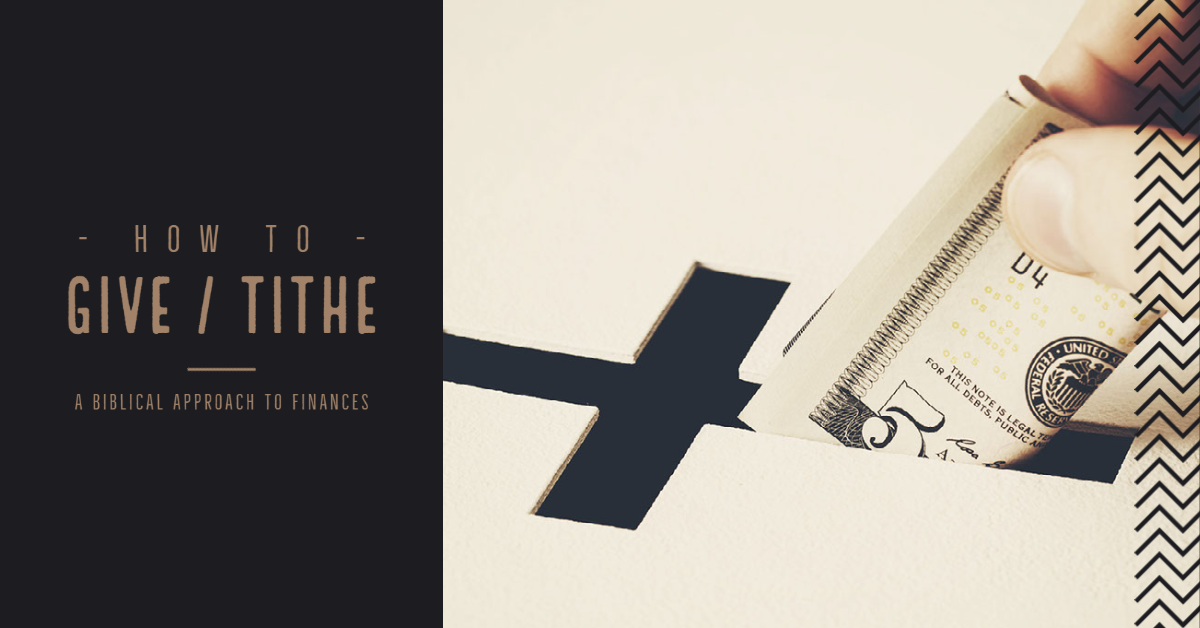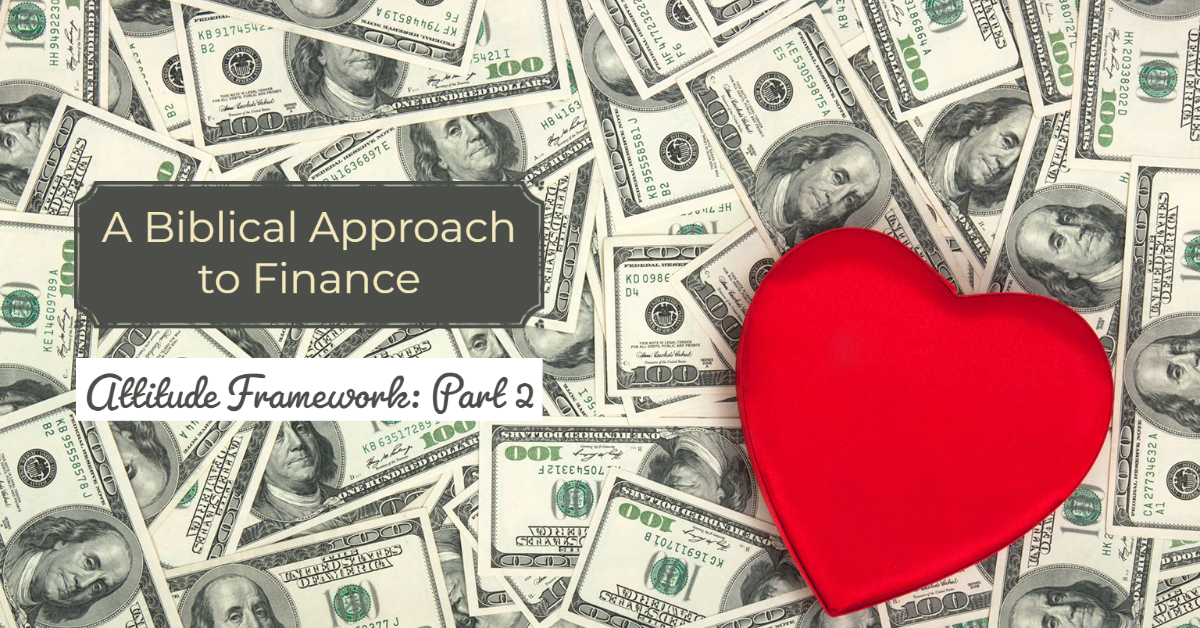Now that we've covered the foundation of our attitude in detail, we're going to jump more into personal finance concepts like budgeting, debt, etc. While these are things that unbelievers should also be doing to create financial stability, we will be connecting Bible verses for why we should be doing these things. This month the focus is going to be on budgeting basics.
The idea of budgeting can be daunting to some, but it is key to getting on the right track financially. There are 4 factors that go into budgeting:
Defining our limits
"For which of you, desiring the build a tower, does not first sit down and count the cost, whether he has enough to complete it? Otherwise, when he has laid a foundation and is not able to finish, all who see it begin to mock him, saying, 'This man began to build and was not able to finish.'" - Luke 14:28-30
We can't create our budget without beginning with where we're currently at. How much money are you making? What are some of your spending habits? When doing this, we need to make sure we're really honest with ourselves. No one knows you better than you!

Are you someone who goes to Starbucks everyday? If this is the case, you need to make sure you're not only budgeting $10/week for coffee. This goes for any spending category! Ask yourself, how much am I really spending on certain things? This might be a hard pill to swallow when you sit down and see how much you actually spend on some things.
Requires discipline
This ties directly into defining our limits. After defining our limits, we have to stay disciplined. Here are some verses on discipline/self-control:
"The end of all things is at hand; therefore be self-controlled and sober-minded for the sake of your prayers." - 1 Peter 4:7
"A man without self-control is like a city broken into and left without walls." - Proverbs 25:28
You need to find balance and figure out if you should really be spending X amount of money on certain things. You're probably going to have to make some sacrifices when budgeting. Going back to the Starbucks scenario, you might have to cut back and only go once a week instead of everyday. You can still have coffee but make it at home instead.

A key part of budgeting, which seems self-explanatory, is you have to actually be willing to follow the budget. Taking the time to create a budget doesn't help fix anything if you're not going to follow it!
Spend less than we earn
The goal of budgeting is to spend less than we earn. Thank you Captain Obvious! In reality, this is actually more difficult. Having credit cards makes it very easy to spend more than we earn – sometimes without even realizing it. When you spend more than you earn, you're starting to rack up debt (which will be discussed next month). Maybe you've already racked up debt. It can be scary figuring out how to get out of debt. Make sure to come back next month as we'll help you with steps to get out of debt!

If you haven't done so already, take a look at the worksheets from last month and complete it with how much you're currently spending in the categories. Now compare that with how much you currently earn and see if your earnings are greater than your expenses.
If you're currently spending more than you earn, what are some areas you can spend less in?
Record all spending
The last part to budgeting is to record all spending. Yes, this includes small purchases! You'd be surprised how quickly $1 purchases can add up. This part of budgeting is a lot like dieting, here's why:
It can seem really tedious to track every calorie throughout the day, but you need to get it to gain a proper understanding of how much you're actually consuming. It the same thing with spending. When budgeting, you need to have an accurate understanding of how much you're actually spending. Recording your spending gets a lot easier the more you practice and build habits. The same goes with our health, it takes time to build the healthy habits, but then it becomes less tedious.

In the last blog (and mentioned above), we shared the worksheets that include all the different categories you should be tracking. You can also add more categories if you have things not included that you're spending money on. For me personally, I've broken up my budget more as I've used it just to see more specifics on how I'm spending my money. The most important thing is that all your money has a place.
Here are some ways to keep track of your spending:
Apps
There are apps like You Need A Budget (YNAB) and FaithFi (Christian version of YNAB). These are digital envelop systems that allow you to categorize your spending. You can connect your bank account and credit cards so it automatically inputs when you get add money to your bank account or spend money.

"Old-fashioned" Way
If you don't want to use apps, you can use spreadsheets and physical envelopes to track your spending and allocate specific cash funds for specific budget items. I created my budget with a spreadsheet and then use an app to track my spending.

If you've never budgeted before (or maybe you have a budget but you don't follow it), this can be a lot to digest. I remember when I first started tracking all my spending in the FaithFi app, it was a lot of work and at first I honestly just stopped doing it all together. The first few months will be difficult, but once you get used to following your budget, it should help ease some money-related stress.
Next month we're going to dive into everyone's favorite subject – debt. I'm kidding, I know most people (if not everyone) doesn't enjoy talking about debt; however, it is necessary to discuss when talking about finances. Before next month, I challenge everyone to start tracking all of your spending. Whether you try one of the apps or just record everything in a spreadsheet/on a piece of paper, I want everyone to have a better idea of how much they are actually spending. If you've never fully paid attention to how much money you spend, it can be a big eye opener when you see – especially when you break it up and see how much you spend in certain categories.
Did you miss our previous Biblical Approach to Finance blogs?
Here are all the other blogs from the series:









